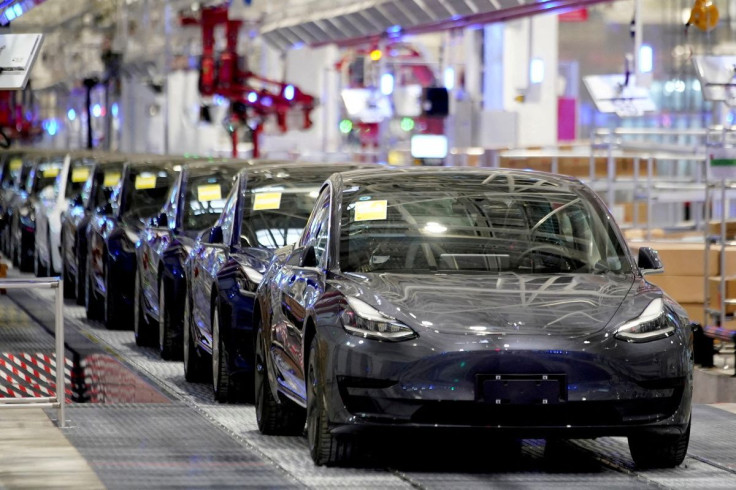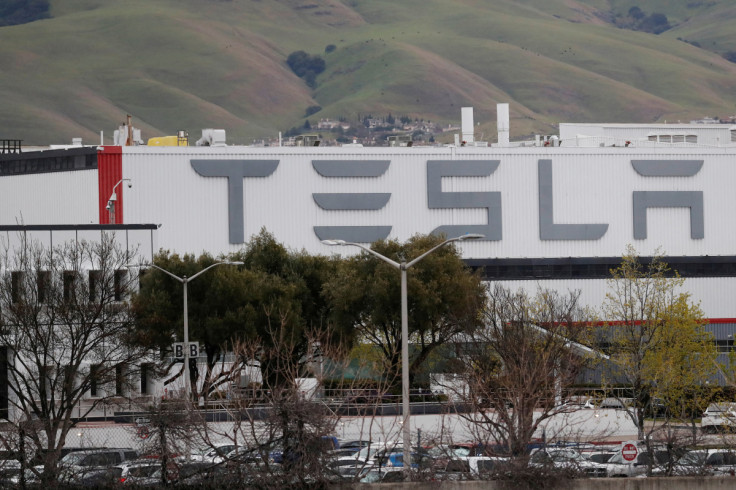Tesla Is Second Best-Selling Car Brand In California: What's Top 1?

Electric car manufacturer Tesla was not the top-selling auto brand in its former home state of California in 2022, according to an industry body report published last month.
That title belonged to Japanese automobile maker Toyota, which maintained its place from last year by shipping 289,304 new cars and light trucks, the California New Car Dealers Association (CNCDA) said in its fourth quarter 2022 California Auto Outlook report.
Tesla managed to sell 186,711 cars, while Ford, Honda and Chevrolet sold 140,881, 131,793 and 112,826 vehicles, respectively.
Despite placing second in terms of overall manufacturer sales, Tesla's Model 3 and Model Y were the two highest-selling vehicles in California last year with 87,257 and 78,934 units shipped, respectively.
In total, 1,440,365 new retail light vehicle registrations were reported in 2022, according to the CNCDA report.
This was down 11.4% from the previous year's 1,626,025 registrations.
"While vehicle registrations were lower than in 2021, they didn't drop to 2020 pandemic-year levels," the CNCDA said in a statement.
The body also noted that sales of electric vehicles rose last year, resulting in an estimated increase in market share of 17.1%.
"California is clearly doing its part to increase EV (electric vehicle) sales," the CNCDA said.
Meanwhile, the market share for hybrids continues to grow steadily despite overall declining sales, the organization pointed out.
California residents can receive up to $7,500 in rebates when they purchase EVs under the California Clean Vehicle Rebate Project (CVRP), which is administered on behalf of the California Air Resources Board.
Both Model 3 and Model Y are included in the CVRP's list of eligible vehicles.
The CNCDA projects that new vehicle registrations in 2023 will rise by 5.5%, or approaching 1.76 million car sales.
"[D]ue to pent-up demand and low vehicle inventory availability since the pandemic, an estimated 43% of sales have been delayed. This along with transaction prices lowering to match supply levels should result in increased registrations for 2023," the body said.
However, these new registrations are expected to be affected by inflation, lingering supply chain issues, and increasing interest rates, according to the CNCDA.

Related Articles





















